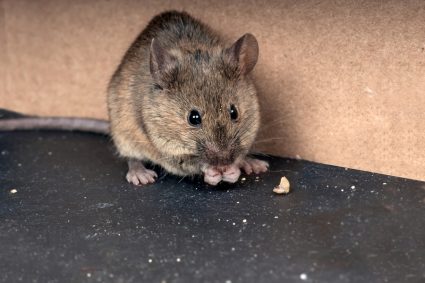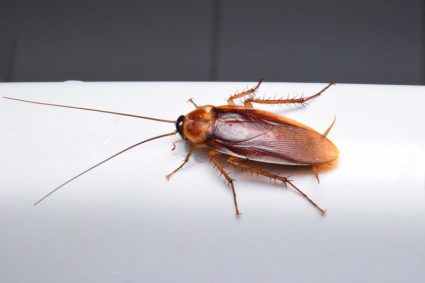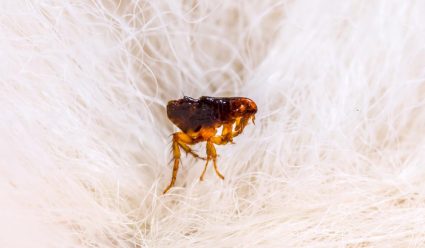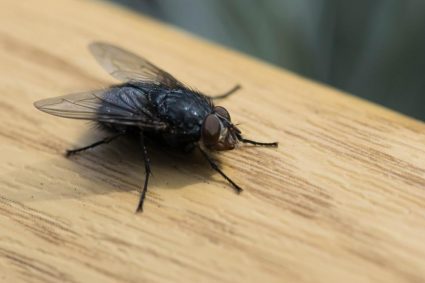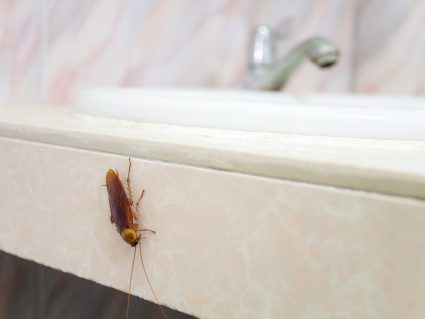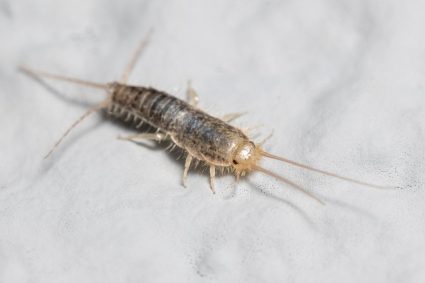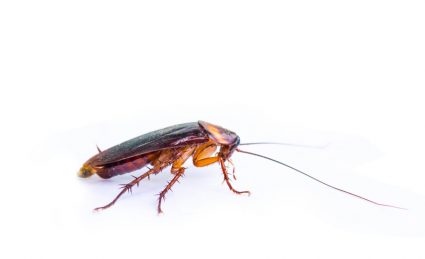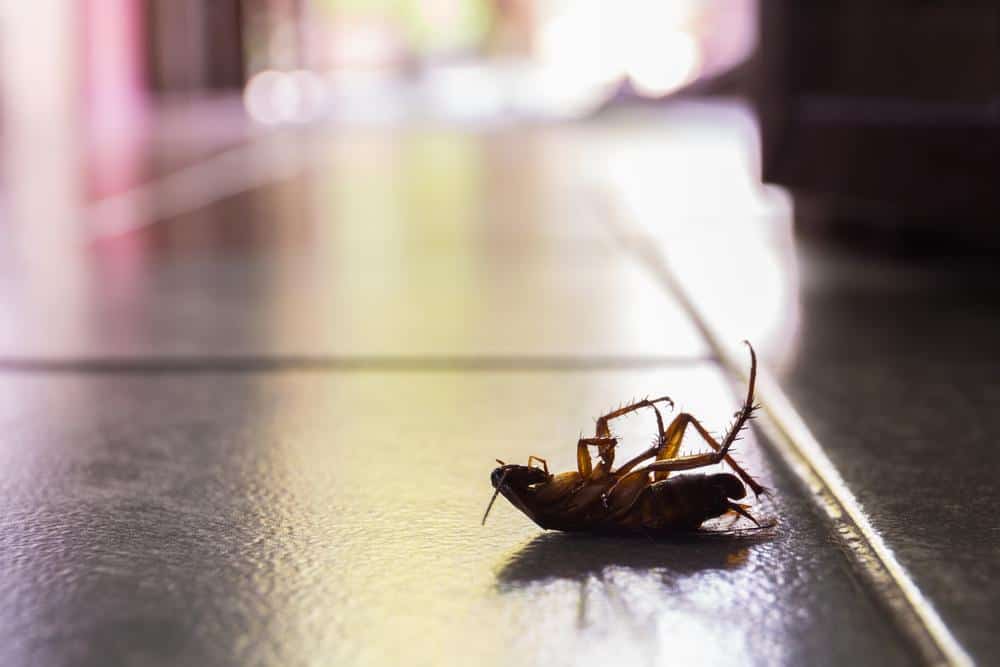
The German cockroach, scientifically known as Blattella germanica, is a small species of cockroach that is often associated with human habitats. They are infamous for the unpleasant smell they produce, which can be quite noticeable in an infestation. This article will delve into what German roaches smell like, why they produce this odor, and how it can be controlled.
German roaches are known to produce an unpleasant smell that is often described as oily, musty, or stale. Some people also liken it to the smell of mildew or grease. This odor is a result of the roaches’ secretions, which contain high ratios of linoleic and oleic acids, as well as the build-up of their feces and urine. The smell can become more noticeable with a larger infestation.
Understanding the German Cockroach
Before we discuss the smell of German roaches, it’s important to understand what they are and where they can be found. German roaches are small, typically about 1.1 to 1.6 cm long, and vary in color from tan to almost black. They prefer warm, humid environments and are often found in residential and commercial kitchens, bathrooms, and other areas where food and water are available. Notably, they reside in cracks, crevices, and voids away from light, and come out to search for food during dark hours.
The Smell of German Roaches
The smell of a German roach is often described as oily, musty, or stale. Some people also describe it as being similar to mildew or grease. This odor is produced by the roaches’ secretions, which contain high ratios of linoleic and oleic acids. When cockroach populations are high, these secretions can result in a characteristic odor in the general region of the infestation.
In addition to the musty odor, German roaches can also emit an oily smell with a musty undertone. This is due to the build-up of their feces and urine, which can influence the overall smell. In some cases, the smell can worsen over time as more eggs hatch and the infestation grows.
Why Do German Roaches Smell?
German cockroaches produce this particular smell due to the chemicals they secrete from their skin and the build-up of their feces and urine. These odorous chemicals serve various purposes, such as communication and attracting mates. Additionally, German cockroaches are known to emit distinct chemicals under different conditions, which can also contribute to the smell.
Health Impacts of the Smell
The odor produced by German roaches is not only unpleasant but can also be a sign of potential health risks. The bodies of cockroaches carry disease-producing bacteria, protozoa, fungi, and viruses, which can be deposited on food, utensils, and dishes. The primary illness caused by them is gastroenteritis, or food poisoning. They can also cause allergy-like symptoms such as sneezing, runny nose, and watery eyes.
Controlling the Smell
To control or eliminate the smell of German roaches, it’s essential to first address the infestation. This involves maintaining cleanliness, sealing up food sources, repairing any gaps or cracks in your home, and consulting with pest control professionals for effective treatment and prevention strategies.
For the odor, natural remedies like baking soda, white vinegar, activated charcoal, and lemon or citrus peels can be used. These substances can absorb and neutralize the odor, helping to freshen up your space.
Common Misconceptions
A common misconception is that only dirty homes have a roach smell. While roaches are attracted to readily available food, even clean and tidy homes can be invaded by German cockroaches.
Another misconception is that the smell is always noticeable. The truth is, you may not notice the smell unless there are a lot of roaches in one place or if there is a nest nearby.
Lastly, it’s a misconception that the smell is harmless. As mentioned earlier, the odor can be a sign of potential health risks, including food poisoning and allergenic reactions.
Conclusion
The smell of German roaches is quite distinctive, often described as oily, musty, or stale. It’s produced by a combination of their secretions, urine, and feces. While unpleasant, the smell can serve as a useful indicator of an infestation, prompting homeowners to take action. Remember, while odor control measures can help, addressing the infestation is the most effective way to eliminate the smell.
Frequently Asked Questions
How do German roaches communicate with each other?
German roaches communicate with each other through the release of pheromones. These chemicals are used to attract mates, signal danger, or mark trails for food sources.
Can the smell of German roaches attract other pests?
No, the smell of German roaches does not typically attract other pests. However, the conditions that favor cockroach infestations, such as availability of food and water, can also attract other pests.
Are there any specific signs of a German roach infestation?
Yes, signs of a German roach infestation can include the sight of live or dead roaches, droppings that look like black pepper or coffee grounds, egg cases, and of course, the distinctive musty smell.
How quickly can a German roach infestation grow?
German roach infestations can grow very quickly due to their rapid reproduction rates. A single female German roach can produce up to 400 offspring in her lifetime.
Are German roaches more common in certain parts of the world?
German roaches are found worldwide, but they are more common in urban areas and places with a high population density. They thrive in environments where food and water are readily available.
Can German roaches survive in cold climates?
German roaches prefer warm and humid environments, but they can survive in colder climates by seeking shelter indoors. They are not well-adapted to survive in cold outdoor conditions.
Do all cockroaches smell?
Not all cockroaches produce a noticeable odor. The German roach is known for its distinctive smell, but other species may not produce a strong odor, or their odor may be less noticeable.

